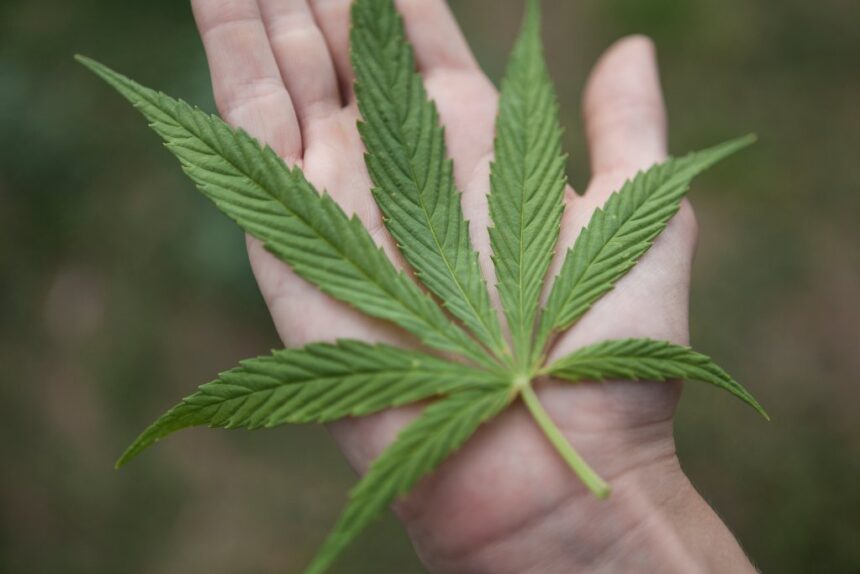In a last-minute deal Thursday, House and Senate negotiators reached a compromise on a bill that would legalize cannabis in New Hampshire, an effort that has failed multiple times before.
But while the deal keeps House Bill 1633 alive, its future remains uncertain. Lawmakers in both chambers must still agree to several newly proposed changes when they meet a final time next Thursday.
Rep. Anita Burroughs, a Glen Democrat and co-sponsor of the House bill, agreed to the deal with what sounded like reluctance.
“I’m signing this with a lot of angst and a lot of deliberations on my part,” said Burroughs, one of the three House negotiators. “However, I think it’s time we legalize cannabis, and I think this is the right move.”
Senate President Jeb Bradley, a Wolfeboro Republican who opposes legalization and helped negotiate the compromise, said he’d agree to the deal to give the House and Senate a chance to vote a final time but would vote against it.
The compromise includes measures Gov. Chris Sununu said he would support. His spokesperson said he could not say whether Sununu will sign it because he had not read the compromise bill.
- The new version would keep the state-run franchise model the Senate wanted and House members strongly opposed, arguing it would create a near monopoly on the market and squelch competition. The state could grant licenses for up to 15 franchises. The state Liquor Commission would control the layout, signage, and advertising at each franchise.
- It would keep the Senate’s 15 percent tax, an amount that chamber’s negotiators said was nonnegotiable. The House had passed a 10 percent tax, and negotiators initially said this week they’d go no higher than 12.5 percent. Sen. Tim Lang, a Sanbornton Republican, argued that a 15 percent tax would keep New Hampshire competitive with neighboring states, which set their rates at or above 15 percent. “I have no real interest in making New Hampshire the mecca of New England by lowering the price so low that everybody decides they’re going to come here,” he said.
- Senate negotiators compromised on a decriminalization measure, agreeing to allow individuals to legally possess up to 1 ounce of cannabis as soon as the bill is signed. The House’s bill put that at 2 ounces. Currently, individuals can possess up to three-quarters of an ounce without facing criminal charges.
- Senate negotiators also agreed to a House demand to increase the representation from the industry on what would be a new cannabis control commission. House negotiators had requested two additional industry representatives. Their Senate counterparts agreed to one additional representative.
- The new bill would also give those currently holding licenses to dispense therapeutic cannabis an advantage if they sought one of the 15 recreational licenses.
If the bill passes both chambers and is signed by the governor, all but the decriminalization measure would take effect in 2026.











